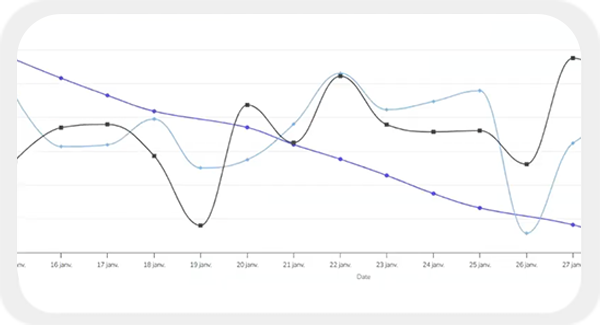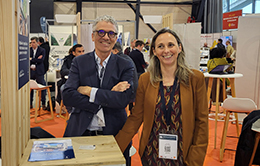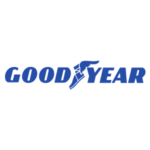Securing your industrial sites against water-related risks
Avoid financial losses due to production stoppages thanks to our innovative approach and in-depth hydrogeological expertise.
They trust imaGeau
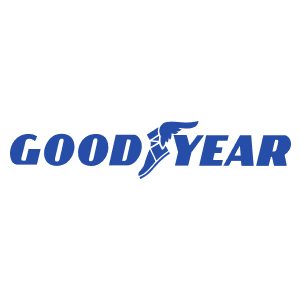
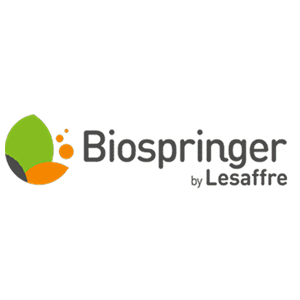
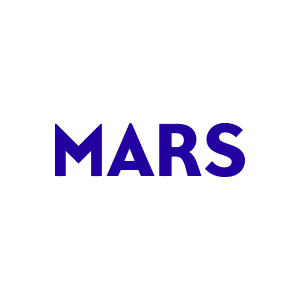

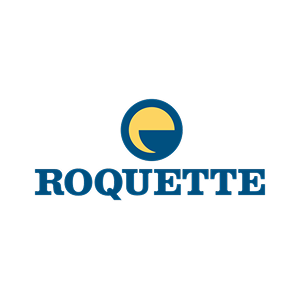

Water-related risks are real for industry
Faced with droughts, water restrictions and infrastructure vulnerabilities, the financial risks are significant. Ignoring these risks means putting your production at risk.
301 billion
of dollars
The estimated value of water scarcity for businesses
38.5 billion
of dollars
losses in 2018 for water-related multinationals
1 company
out of 5
only identified water-related risks
imaGeau, a partner for industries that want to take action
Our in-depth expertise in water and our services enable you to secure your water supply in the face of dwindling resources to protect your production.
01.
Water Stress Index
A cost-effective study
The reliable rating that qualifies your water resource risk. A standardised approach for multi-site industries
02.
Risk audit
of water supply
03.
EMI
Water risk monitoring software
soon available for industry
WATER STRESS INDEX & WATER RISK AUDIT
2 tools to reduce your water risks
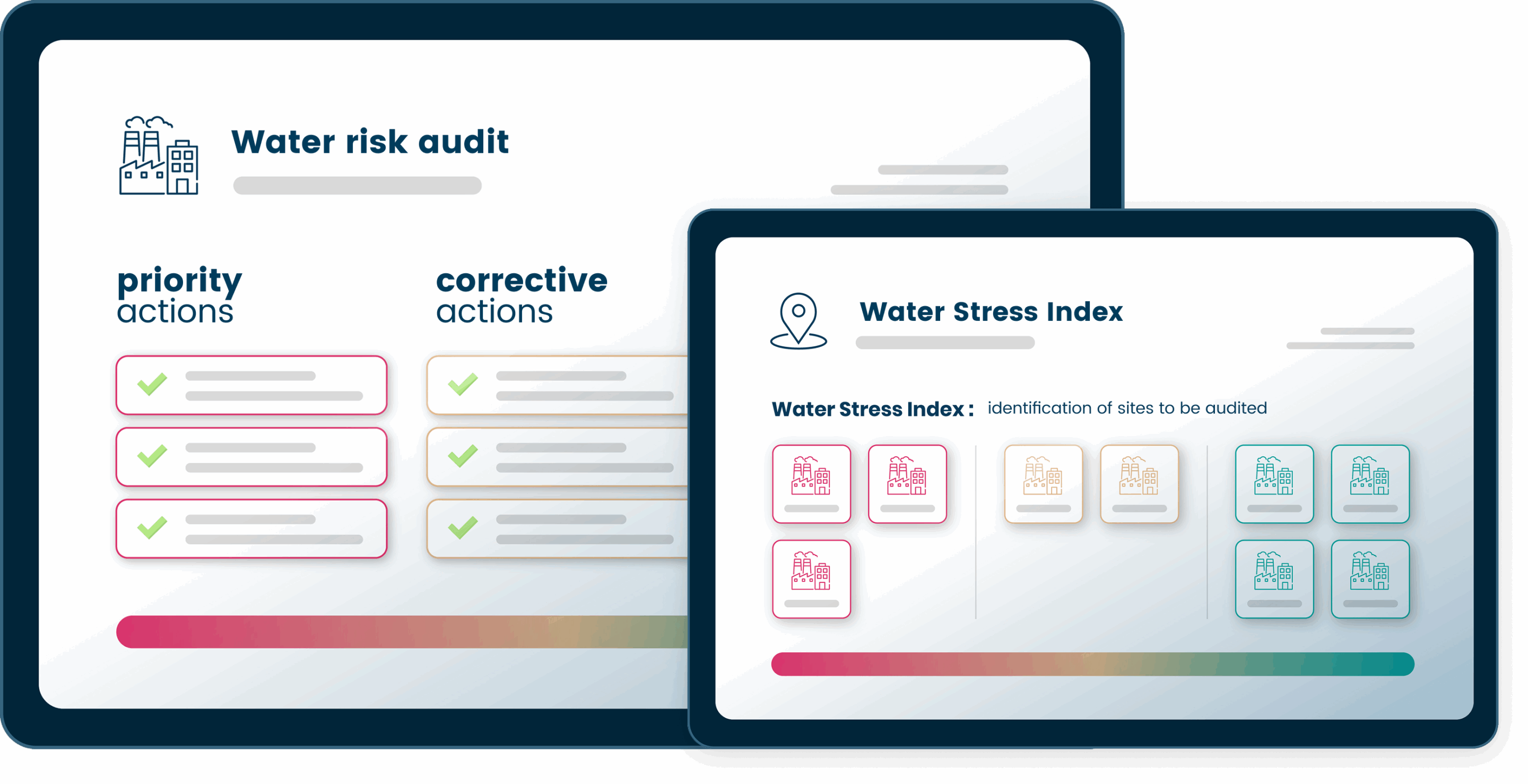
At your side to assess and reduce your water-related risks
Our services help you to protect your business, control your costs and assert your position as a responsible and visionary industrialist.
On-site assistance
Don’t worry, we’ll manage your project from start to finish and take charge of on-site operations.
Regulatory assistance
Comply with water standards and avoid penalties
Resources
Finding new resources to exploit
Diversify your water sources
Maintenance
Borehole maintenance
Increase drilling performance and reduce unforeseen incidents
Resources
Pollution diagnosis
Assess the situation of your resources and their vulnerability to pollution

Our team is
ready to listen
Coming soon
EMI for industry
Help create the tool that will protect your industrial sites from water risks.
Discover the success stories of our industrial customers
Guarantee the continuity of your production
A simple discussion can change everything.
Frequently asked questions
Design office
Hydrogeology is the science that studies groundwater, its circulation and its interaction with the soil and rocks.
For industry, it is essential for optimising the use of water resources, preventing pollution risks and ensuring regulatory compliance.
Good hydrogeological management also reduces the costs associated with water supply and treatment.
Industry
We offer a continuous monitoring solution, EMI Industrie, which enables you to :
- Monitor your resource’skey indicators in real time.
- Receive alerts in the event of supplytensions.
- Reassess your vulnerability annually and adjust your strategy.
Become a Beta Tester for this innovative solution
Yes, there are several solutions:
- Optimising consumption (more efficient equipment, reducing losses).
- Reuse and recycling of industrial water.
- Diversification of supply sources (dual connection, storage, intelligent management).
- Real-time monitoring to anticipate and adjust consumption.
Our services do not cover the optimisation of manufacturers’ internal processes, such as on-site water recovery or recycling.
We focus exclusively on external water resources, i.e. :
- Assessing and securing sources of supply (boreholes, groundwater, community networks).
- Analysis of water-related risks linked to the site’s environment (stress on resources, drought warnings, climate change).
- Anticipating the risks of water supply disruption to ensure continuity of production.
- Implementingsecurity strategies through targeted action plans and monitoring solutions.
Here are a few best practices to implement:
- Reducing water consumption through more efficient processes.
- Recycling and reusing water in industrial processes.
- Secure chemical storage facilities to prevent accidental pollution.
- Regularly check water quality by installing monitoring devices.
- Optimise extraction according to the capacity of the available underground resource.
- Identify and optimise the items that consume the most energy.
- Integrate waterrecycling and reusetechnologies.
- Improving the management of processes requiring industrial water (cooling, cleaning).
- Train your teams to manage resources more effectively.
Optimisation involves a number of levers:
- The introduction of precise monitoring of water consumption.
- The use of technologies for recycling and reusing industrial water.
- Responsible operation of boreholes and wells.
- Adopting water treatment solutions tailored to industrial activity.
- A hydrogeological study will identify areas for improvement to optimise these resources.
- Monitor drought decrees and legal developments in your area.
- Carry out a compliance diagnosis to avoid any penalties.
- Reduce your water impact through more sustainable practices.
- Use monitoring and forecastingtools to adjust your consumption.
We carry out a water vulnerability assessment using the Water Stress Index (WSI), which assesses your site’s exposure to water scarcity. Then, if the WSI score (rating from 1 to 5) exceeds the threshold of 3.5, we recommend an in-depth water risk audit. This audit identifies your weak points and proposes concrete corrective actions.
imaGeau supports manufacturers in managing water-related risks and ensuring regulatory compliance, thanks to continuous regulatory monitoring and advanced anticipation tools.
📌 Proactive regulatory watch
We constantly monitor legislative developments and prefectoral decrees relating to water. This enables manufacturers to anticipate restrictions on use, new obligations and risks of non-compliance before they become major constraints.
📌 Risk assessment and compliance
Our water risk audits include an in-depth analysis of the regulatory obligations applicable to your site (quality of resources, limits on withdrawals, borehole management, reporting obligations, etc.).
📌 C ompliance assistance
Thanks to our expertise and recommendations, we help manufacturers adapt their water supply strategies to comply with legal requirements, avoid penalties and secure their access to the resource.
📌 Simplified monitoring and reporting
With our EMI Industrie monitoring tool, manufacturers have real-time monitoring of key indicators for their water resources. This means they can document their water management reliably and reactively in the event of an inspection or regulatory change.
An initial diagnosis can be made in a few days using the Water Stress Index.
The on-site audit generally takes one to two weeks, depending on the complexity of the infrastructure.
The report and recommendations are delivered within three weeks of the site visit.
The cost depends on a number of factors:
- The size of the site and the complexity of the subsoil.
- The level of detail of the study (simple diagnosis or in-depth analysis).
- Applicable regulations, which may require specific studies.
- The methods used (surveys, modelling, laboratory analyses).
- In general, a hydrogeological study for an industrial site can cost between €5,000 and €30,000, or even more for very detailed analyses. A personalised estimate is required to assess the precise budget.
The cost varies according to the size of your site and the complexity of your supply.
In any case, it is inevitably much lower than the cost of a supply disruption.
We offer tailored packages and a free estimate on request.
- Check the quality and stability of supplies.
- Securing alternative water sources in the event of contamination or shortages.
- Ensuring strict compliance with health and environmentalstandards.
- Assess the risks of breakdown upstream with a specific audit.
A hydrogeological audit allows :
- Assess water availability and optimise its use.
- Anticipate the environmental risks associated with withdrawals and discharges.
- Ensure regulatory compliance by identifying the necessary actions.
- Improve operational efficiency by reducing dependence on external resources.
- To integrate a CSR approach by limiting the impact of industrial activity on water resources.
- Supply disruption (single borehole, network cut-off, overexploited water table).
- Poor water quality (pollution, lower standards).
- Regulatory restrictions (drought decrees, new standards).
- Increased costs associated with water scarcity and treatment.
- Environmental and reputational consequences if your consumption is poorly controlled.
The main risks are :
- Depletion of resources: excessive abstraction can lead to the drying up of water tables.
- Water pollution: chemical or organic substances from industrial processes can contaminate groundwater.
- Soil subsidence: excessive pumping can cause subsidence, endangering infrastructure.
- Conflicts of use: poorly managed exploitation can affect other users of the water resource (farmers, local authorities).
The water risk audit includes :
- An analysis of water supplyinfrastructures.
- An assessment of the risk of a power cut.
- Consideration of crisis scenarios and their impact on production.
- A precise action plan to reduce your exposure to risk.
Hydrogeology is the science that studies groundwater, its circulation and its interaction with the soil and rocks.
For industry, it is essential for optimising the use of water resources, preventing pollution risks and ensuring regulatory compliance.
Good hydrogeological management also reduces the costs associated with water supply and treatment.
A water borehole is a deep well drilled to extract water from a deep underground aquifer. It allows a high flow rate and more controlled operation.
A well is a wider, shallower excavation, often used for surface or shallow groundwater abstraction.
In an industrial context, drilling is often preferred to guarantee a stable and secure supply.
Manufacturers must comply with a number of regulations, including :
- The Law on Water and Aquatic Environments (LEMA), which regulates water use and requires authorisation for certain abstractions.
- Wastewater discharge standards as defined by the French Environment Code.
- The European Union’s Water Framework Directive, which sets targets for the quality and preservation of water resources.
A hydrogeological study helps to anticipate these obligations and ensure that an industrial site complies with them.
- Activate your water emergency plan and prioritise uses.
- Check alternative water sources and storage capacities.
- Analysing the impact on production and adjusting processes.
- Contact a water crisis management expert for rapid assistance.
Companies can use :
- Intelligent sensors to monitor water levels and quality in real time.
- Numerical modelling to predict the impact of withdrawals and discharges.
- Drones and thermal cameras to map wetlands and detect any leaks.
- Industrial water management systems to automate the optimisation of consumption and recycling.
Our scope of intervention
We provide our services to manufacturers in the following sectors using water as an ingredient and industrial water:
🍏 F ood
Beverages: Bottled water, soft drinks, fruit juices, beer, spirits.
Processed products: Soups, sauces, preserves, ready meals.
Dairy products: cheese, yoghurt, milk.
💄 Cosmetics and care products
Moisturisers, lotions, shampoos, shower gels, perfumes.
Water is often the first ingredient on INCI lists.
💊 Pharmaceuticals
Manufacture of medicines: tablets, syrups, injectable solutions.
Medical products: eye drops, washing solutions.
🧪 Chemicals and household products
Paints, solvents, detergents, washing powder, cleaning products.
✨ Luxury industry
Perfumery, top-of-the-range skincare using specific waters or “thermal waters”.
🔬 Technology sector
Electronics: some industries use ultrapure water as an ingredient or to clean components.
Water is a resource under increasing pressure, with more frequent droughts, stricter regulation and sharply rising industrial demand. A supply disruption can paralyse your production, generate significant financial losses and impact your regulatory compliance.
